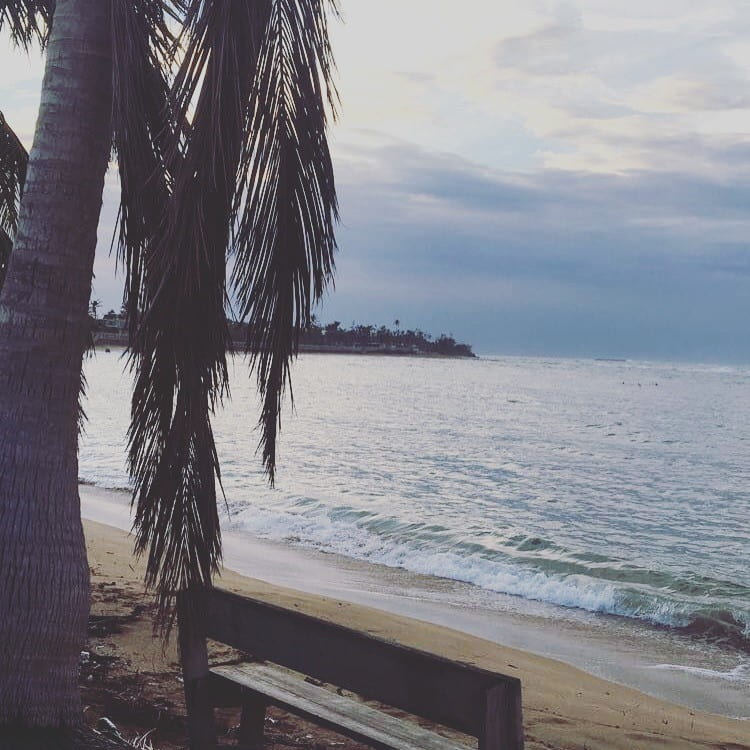Puerto Rico is a U.S. territory with a strong cultural identity. The island is located between Hispaniola and the Lower Antilles. One of its most well-known natural areas is El Yunque. Puerto Ricans are U.S. citizens – an important factor that differentiates the social experiences of Puerto Ricans from their neighbors in the Dominican Republic, Haiti, Jamaica and Cuba. In 2017, Puerto Rico was devastated by Hurricane Maria, which prompted a massive exodus of people to cities all over the United States. Climate refugees from Puerto Rico have also settled in the Pacific Northwest. The rapid emigration of peoples off the island did not diminish Puerto Rico’s cultural wealth, in particular, the survival of its Afro-descendant and Afro-indigenous communities. These communities’ healing traditions draw from indigenous herbalist and spiritual practices, oftentimes intertwined with Congo traditions and Catholic psalms and prayers. Taíno Indian revival practices find strongholds on the island and the U.S. mainland, alongside the practices of historical maroon and Black communities, espiritista temples, water guardians at manantiales in the Cordillera Central, healing virgins, sobadas, remedios, the preservation of African drums and songs in bomba and plena, Afro-Cuban regla de osha, Dominican la 21 división, and sanse. We interviewed elders from Puerto Rico’s northern coast who have, since María, been moving between the island and the mainland.
